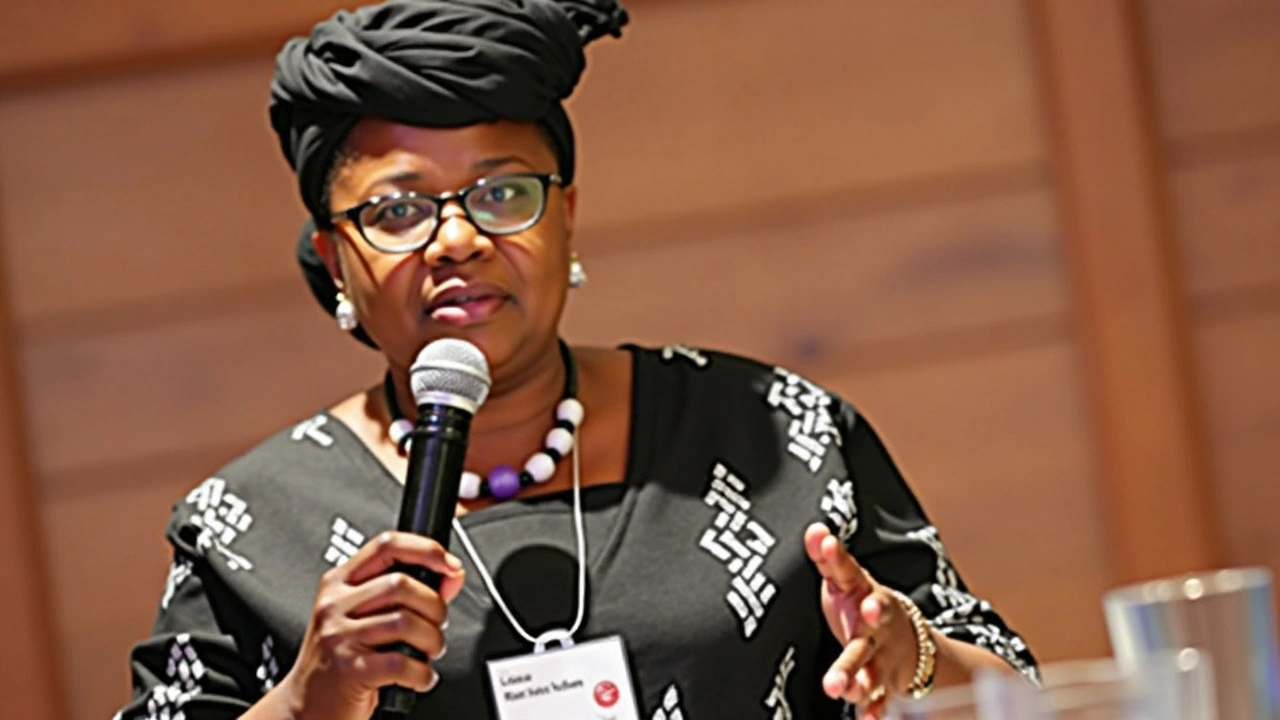Economic Decline: What’s Happening Across Africa?
Across the continent we’re seeing a mix of power outages, political shifts and natural disasters that are hitting wallets and businesses hard. The headlines might sound big, but the effects show up in higher bills, fewer jobs and slower growth you can feel in your own town.
Take South Africa’s electricity grid. Eskom just told users that any solar setup that isn’t registered is illegal. Homeowners now face costly meter swaps and paperwork, while some are thinking about going completely off‑grid. The move aims to keep the grid stable, but for many families it means an unexpected expense that tightens budgets.
Energy and Power Issues
The power crunch isn’t just a South African story. When a major utility like Eskom struggles, factories cut back, transport slows and consumer confidence drops. Small businesses that rely on steady electricity end up losing sales, and workers face reduced hours. The ripple effect spreads to other sectors, slowing the whole economy.
Meanwhile, countries with abundant renewable potential are hitting regulatory roadblocks. Without clear policies, investors stay on the sidelines, leaving an opportunity gap that could have helped ease the strain.
Political Turmoil and Its Economic Impact
Political moves also play a big role. In Kenya, ODM’s Edwin Sifuna warned that staying close to President Ruto could cost the party big in the 2027 elections. While that’s a political story, the underlying tension can deter foreign investors who fear policy swings.
In Nigeria, the funeral of former President Buhari reminded everyone of the country’s shaky economic legacy. Critics point to past human‑rights concerns and stagnant growth, while supporters highlight anti‑corruption drives. The mixed legacy leaves investors watching closely for any sign of change.
Haiti’s Kenya‑led police mission is another example. Gang violence and a lack of international funding make it hard for the economy to recover, and the ongoing crisis pushes migration and aid dependence higher.
Natural disasters add to the strain. The Alau Dam collapse in Maiduguri drowned most of the city, displacing hundreds of thousands. Flooded homes mean lost assets, school closures and a spike in disease risk, all of which drain public resources and slow economic revival.
Even sports news hints at deeper financial currents. Clubs like Grimsby Town making surprise cup runs bring local excitement but also highlight how lower‑league teams rely heavily on match‑day revenue – a fragile income stream when fans can’t afford tickets.
All these pieces—energy policy, political decisions, climate events—are weaving a picture of economic decline that’s felt on the street level. Understanding the connections helps you see why a power cut or a political comment can affect your grocery bill or job prospects.
Keeping an eye on these trends is key. Whether you’re a small business owner, a student, or just someone budgeting for the month, the same forces shaping headlines are also shaping your everyday choices.
Stay informed, watch policy updates, and look for local initiatives that can offset some of the pressure. Small steps, like supporting community solar projects or staying aware of political candidates’ economic plans, add up when the bigger picture feels uncertain.




